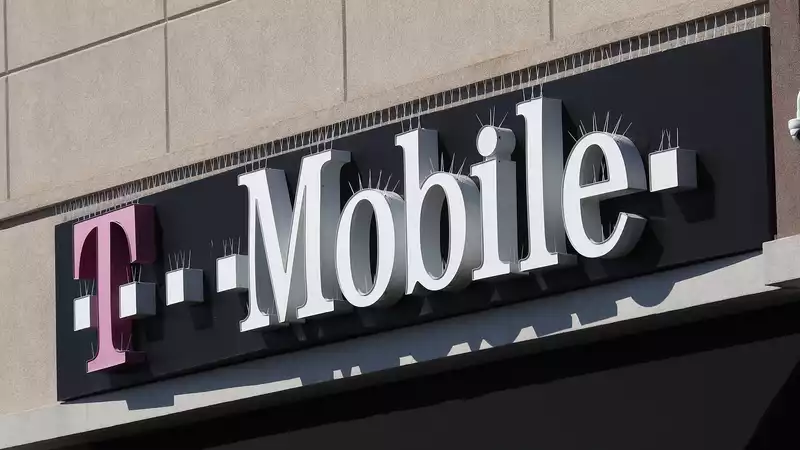It's finally done; T-Mobile and Sprint have completed their merger, first announced in 2018, leaving U.S. smartphone users with just three major carriers.
The $26 billion merger brings together Sprint's network and customers into what the company calls the "new T-Mobile," and the newly merged carrier is poised to better compete with AT&T and Verizon. At least, that was the argument in favor of the merger, along with the promise that the merger of T-Mobile and Sprint would spur the development of 5G.
This was enough to persuade regulators to approve the merger last year, and T-Mobile cleared the last remaining regulatory hurdle in early 2020 when it won a lawsuit brought by several state attorney generals seeking to block the merger.
The impact of the T-Mobile/Sprint merger on customers may not be fully clear for some time. However, we do know that some policies will be implemented immediately, while others will likely evolve over time.
It is not yet clear how Sprint customers will be integrated into T-Mobile. A message on Sprint's website tells current subscribers that they can continue to use their smartphones as before without having to worry about rate changes.
So as part of its efforts to gain regulatory approval, T-Mobile said customers can expect the same monthly rates and plans (or more) for the next three years. This means that their current data allowances and rates will not be affected until April 2023 (unless, of course, they change to a new plan in the meantime).
T-Mobile has already rolled out new data plans as part of its merger with Sprint, and it didn't even wait for the ink to dry on the deal; back in March, the carrier launched T-Mobile Connect - which gives you unlimited talk and text along with a $15 prepaid plan that gives you 2GB of data. Upgrade your data allotment to 5 gigabytes and the monthly fee rises to $25, and T-Mobile will add 500MB to your plan each year for the next five years if you stick with T-Mobile Connect.
This has already spurred at least one rival to offer its own matching deal. Cricket Wireless has announced a limited time offer of a 2GB data plan for $15 per month. Cricket's speed is capped at 8 Mbps, but once the 2GB is used up, customers can continue using their data at a slower speed of 128 Kbps; T-Mobile Connect customers who reach the 2GB and 5GB caps will be unable to use their data until the next billing cycle.
T-Mobile first announced the T-Mobile Connect plan last November, along with several other initiatives to leverage new network capacity with Sprint.
To start, T-Mobile will offer free broadband to 10 million low-income households with school-age children. Eligible families will receive 100 GB of data per year for free for five years. The carrier will also offer free unlimited calls, texts, and data to first responders of all public and non-profit state and local police, fire, and emergency service agencies.
Expect more details on these initiatives to be revealed now that Sprint is part of T-Mobile.
One of the concessions T-Mobile made to gain regulatory approval was to sell Sprint's prepaid business to another company. Since Sprint merged its Virgin Mobile subsidiary into Boost earlier this year, this essentially means that Boost Mobile will soon have new owners.
Dish appears to be the lucky recipient of Boost and can use T-Mobile's network for a few years while it builds its own network; after years of waiting for T-Mobile and Sprint to merge, we now look to when and how Dish will launch its mobile business. We are now focusing our attention on how and when Dish will launch its mobile business. At this point, nothing appears to have changed for Boost customers.
Last year, Sprint launched its 5G network in nine cities, and while its speeds were not as fast as the millimeter wave-based Verizon 5G network, coverage was more extensive. Aside from adding coverage in Miami as part of this year's Super Bowl, Sprint's 5G plans appear to have been on hold while the T-Mobile merger goes through the final regulatory approval process.
T-Mobile, on the other hand, has its own 5G network with nationwide coverage. However, its network uses lower bandwidth spectrum, and while its coverage is extensive, including access to T-Mobile's 5G network in more than 5,000 cities, its speeds are only slightly faster than LTE. Adding Sprint's frequency bands would improve this, but T-Mobile needs to explain how and when that will happen.
Now that Sprint has been integrated into T-Mobile, the outspoken John Legere has left the company. Mike Sievert, former COO of T-Mobile, will become CEO of the combined company.
While the move will likely result in fewer swear words for future T-Mobile announcements, it is unlikely to have any meaningful impact on customers.
.









Comments